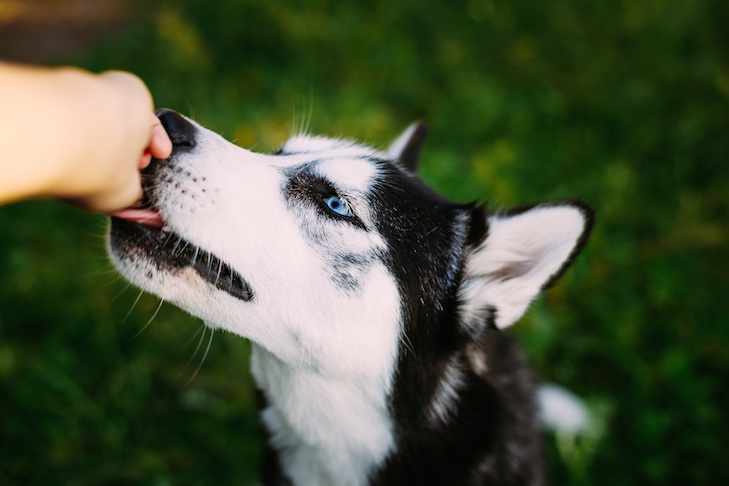
I’ve read that xylitol is very dangerous for my dog, but what about other artificial sweeteners? Are they also dangerous? In what ways? – Sweet N. R.
Dear SNR: Yes, dogs shouldn’t consume xylitol in any amount. It is not only dangerous but has been proven to be fatal. Before I answer, let me say that it is healthier for dogs to have a diet free of human sweets (and especially artificial sweeteners). But of course, family pets are exposed to a wide variety of foods, and sometimes accidents may happen. But what artificial sweeteners are bad for dogs?
This list of common artificial sweeteners below will help you decipher what is dangerous and safe. Remember to always read the labels of the food in your home. Oftentimes, dangerous ingredients such as xylitol are found in products you wouldn’t expect.
Xylitol
This naturally produced sweetener, also commonly called “birch sugar,” is found in many “sugar-free” items for people, such as ice cream, candies, pastries, gum, yogurts, juices, and more. Xylitol might also go by other names, including wood sugar, birch sugar, and birch bark extract. It’s highly toxic and potentially fatal if consumed. Even in small doses, it can cause seizures, liver failure, and death.
Erythritol
This non-caloric sugar alcohol is considered safe for dogs. But in large quantities, gastrointestinal symptoms may occur.

Stevia (Green Packet)
This is a naturally produced sweetener from the stevia plant. Stevia is safe for dogs to consume, but in large quantities, it can cause diarrhea.
Aspartame (Blue Packet)
Consuming aspartame causes no serious health effects in dogs, aside from minor gastrointestinal problems. That being said, it is in no way a healthy product for dogs to eat.
Saccharin (Pink Packet)
Saccharin is safe for dogs, but eating it can cause gastrointestinal issues. Long-term effects on pets have not yet been examined.
Sucralose (Yellow Packet)
Sucralose is generally safe, but it can cause diarrhea in dogs.
Monk Fruit
Monk fruit is a newer sweetener on the market. It is similar to stevia, and generally safe if consumed by dogs.
As an experienced veterinarian, I should remind you that dogs should not have any sweets (artificial or otherwise) in their diets. Dangerous sweeteners such as xylitol are found in many common food and non-food items, such as mouthwash, chewing gum, and toothpaste. Always be extra careful about what goes in your dog’s mouth, and have a contingency plan prepared in case of emergency.

